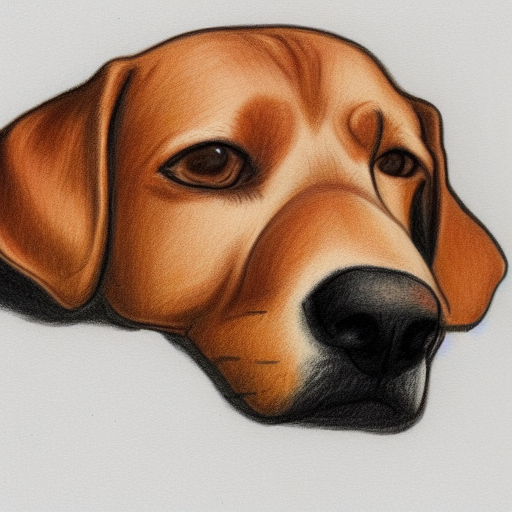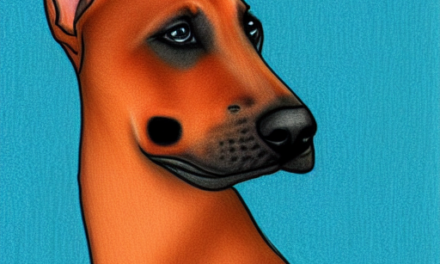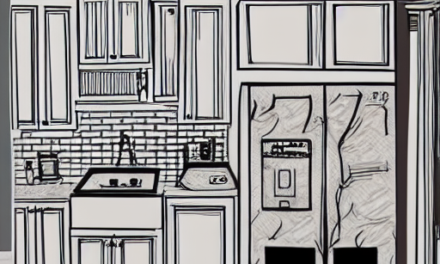There are several signs that your dog may be depressed. They may not want to interact with you or have changed their routine. Your dog may have a decreased appetite or be sleeping a lot. To address this problem, you can change their daily routine and play with them more. Also, take them for a walk. Fresh air and exercise will help their brains function better.
Lack of appetite
If your dog has a lack of appetite, you may be worried that your pet is depressed. Dog depression can mimic the symptoms of human depression. Your dog may seem lethargic or not want to play and may ignore you altogether. If your dog is showing signs of depression, it is time to talk to your vet.
Dogs may lose their appetite for a variety of reasons, including environmental changes in their diet. Changing their food or feeding schedule can be a stressful event for dogs. Recent moves, changes in weather, and the absence of family members can also cause a loss of appetite.
Lack of appetite can be a symptom of many medical conditions, including infections. Most dogs that experience decreased appetite are suffering from some form of disease, so the first step in diagnosing your pet’s condition is to identify the source of the problem. Some common medical conditions that cause decreased appetite include mouth disorders. These disorders affect the mouth and esophagus and can prevent your pet from eating and drinking. Other common conditions that cause decreased appetite include severe periodontal disease, infections in the mouth, and tumors in the jaw. Sometimes, nerve damage can also be a cause.
The best way to determine if your dog is depressed is to monitor his behaviour and check for any changes in his appetite. If your pet continues to show a lack of appetite, it is time to consult a veterinarian. If your dog is not eating for 24 hours, you should call your veterinarian. Your vet may prescribe a special diet for your dog or recommend some dental work.
Lack of activity
If your dog seems depressed, the first step is to seek veterinary help. There are several different causes for this problem, including illness and a change in your dog’s environment. A veterinarian can help you determine the cause of your dog’s listlessness and recommend ways to improve it.
Depression is a serious condition for dogs. It can affect your dog’s mood, appetite, and behavior. It can also cause your dog to refuse to eat or drink. It may also be unable to socialize with other dogs or people. If your dog shows signs of depression, make an appointment with your veterinarian or set up a telehealth consultation.
There are many reasons a dog may be depressed, including on-going illness or the loss of a loved one. It can also be caused by pain, infection, or poisoning. Regardless of the cause, the following guide can help you recognize your dog’s symptoms and offer help.
If your dog lacks exercise, consider changing their daily routine. Taking them for walks and playing fetch can help alleviate the symptoms of depression. A veterinarian can prescribe prescription drugs to treat your dog’s depression, such as Zoloft or Prozac. Your veterinarian can also recommend changes to your dog’s diet to help them feel better.
Some dogs are naturally low-energy or reserved. These dogs may not show symptoms of depression. However, when your dog is active, you may notice that he/she is sleepy most of the time. However, if you notice any of these changes, you should contact your veterinarian right away.
Lack of interest in activities
One of the most common signs of a dog that is depressed is a lack of interest in activities. For instance, a dog may not respond to the ball that you throw to it, or may not come when you call. This lack of interest may be the sign of an underlying medical problem, which you should consult a vet about.
Dogs are very perceptive to human emotions and can easily show sadness. This makes it important for pet parents to understand how to help their canine companions through their low moods. There are several symptoms of dog depression that are common in most dogs, and knowing which ones to watch for are the first steps to helping them overcome their depressed state.
Dogs can experience depression for several reasons, including chronic stress or life changes. These changes can lead to lethargy, decreased appetite, and other signs of depression. They may also exhibit restlessness or agitation. The signs of a dog’s depression are similar to those of humans who are depressed.
Dogs that display lack of interest in activities can also be bored or under stimulated. Providing toys to stimulate the mind can help alleviate this condition. Commercial toys are often well-constructed, but you can also make your own toys with everyday items.
Hiding from you
If your dog is avoiding you and hiding when you call, it might be due to depression. This condition can cause your dog to become destructive and hide when you call him. Your veterinarian can diagnose a dog’s depression based on a number of factors. One common sign of depression is excessive licking or paw nibbling. While this is an indication of an allergy or flea infestation, it can also indicate a deeper state of depression.
Identifying your dog’s depression can help you treat it, or help it get over it. If your dog hides in the closet or under the bed, he may be depressed. Other signs include illness or injury. When a dog is feeling depressed, it may be trying to avoid you might have to treat it in other ways. Dogs are social animals and play is an excellent way to make them feel better.
Lack of interest in chewing
If your dog lacks interest in chewing or other activities he usually enjoys, he might be experiencing depression. It is important to find out what’s going on in your dog’s mind. Dogs that are depressed aren’t as enthusiastic about playing or going on walks as healthy dogs. They may also stop strutting around the yard, sniffing all the things around them. Other signs include a decreased appetite, or increased eating as a way to comfort themselves.
If your dog shows any of these signs, you need to visit a veterinarian to rule out any physical issues. A vet can help you find the cause of your dog’s depression and suggest an appropriate treatment plan. A vet can rule out other possible health problems, such as arthritis, that may be causing your dog’s apathy. If you think your dog is depressed, seek immediate medical attention.
There are many possible causes of dog depression. Stress, on-going illness, and the death of a loved one can all be underlying causes. Pain, infection, or poisoning can also be contributing factors. In some cases, environmental disturbances or life changes can cause your dog to go into depression.
Lack of interest in playing
If your dog is exhibiting less interest in playing, this could indicate a health problem. For instance, your dog may be suffering from a dental issue that prevents them from chewing on toys and carrying them in their mouth. In addition, obesity can also affect your dog’s playfulness. An overweight dog may not have as much energy as a healthy one, and they may also suffer from respiratory problems, painful joints, and other issues related to their weight. If this is happening to your dog, consult a veterinarian to check for the underlying cause.
Dogs are naturally eager to play. Their desire to play is one of their main ways of communicating with their owners. Sometimes, however, their interest in play toys wane because of boredom, and it’s not uncommon for them to choose a new toy. In 2018, researchers in the field of animal behavior studied dog toy preferences and found that dogs preferred to play with new toys.












